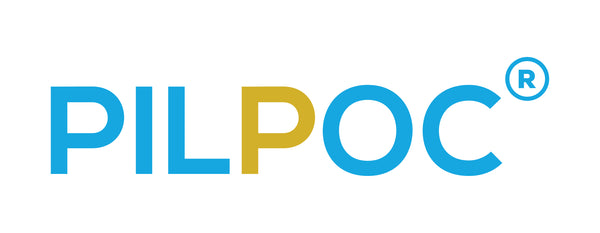There’s no one-size-fits-all fix for your mental health, but there are more paths than most people realize. Some take shape in the middle of your routine—quiet shifts that happen without an announcement. Others sneak in sideways, disguised as hobbies, conversations, or sensory moments. The key isn’t “more effort.” It’s softer entry points. Places your nervous system says yes before your thoughts do. So here are seven ways to reset your mental health without pushing, explaining, or chasing progress.
Create Something That Isn’t for Show
Art doesn’t need to be shared to be healing. You don’t have to be “good” at painting, singing, or sculpting for it to help your mind stop spinning. What matters is that you’re doing something where your hands move and your brain quiets down. That’s the point of creative self‑expression—it’s not about talent, it’s about relief. Even low-stakes doodling or finger painting can help you discharge nervous energy without needing to intellectualize it. When your body gets to speak in color, motion, and mess, your mind doesn’t have to carry everything alone. The practice is a circuit breaker, and some days that’s all you really need.
Unplug Before Bed
Your brain needs fewer pings. No last scroll, no passive video, no half-hearted inbox check. Give it silence, or story, or real dark. A full evening screen-free wind down helps your brain resettle into deeper rhythms—and the shift is faster than you'd expect. It's not about rules. It's about creating a rhythm that doesn’t grind. Reclaim your last hour. That hour doesn’t belong to algorithms or blue light or performative productivity. It belongs to you. Let it be boring, let it be quiet. That’s where your nervous system exhales.
Get Lost in Trees, Not Thoughts
You don’t have to hike. You don’t need gear. Just stand near the trees and breathe like the wind knows your name. Forest bathing isn’t about exercising—you’re allowing your nervous system to remember it belongs somewhere older than anxiety. Walk slow. Stare at bark. Let green be the medicine that doesn’t ask anything in return. You’re not “doing nature,” you’re just returning to it. That’s what your body wants.
Transition to a Less Stressful Career
If your current job feels like a daily drain instead of a source of purpose, it might be time to consider a career with less mental strain and more personal meaning. Going back to school can be a practical step—not just to pivot professionally, but to reclaim peace of mind. With an online psychology degree, you gain the flexibility to learn without uprooting your life. You’ll explore the cognitive and emotional patterns that shape human behavior, giving you the insight to support others through their own challenges.
Let Sounds Pull You Back to Now
Sometimes what saves your headspace isn’t silence—it’s texture. The kind of texture that hums through birdsong or wind-thick leaves or water over stone. You can tune into that without a cabin retreat. Open your window, hit play on a track that mimics it, and notice how letting sounds ground you changes the shape of your stress. It’s not escapism. It’s recalibration. There’s something about nature sounds that speaks in a frequency your body trusts. The body hears safety in those waves.
Reflect, Don’t Solve
Not every thought is a puzzle. Not every mood needs an action plan. Sometimes, you just need a blank page and the space to be honest. A nightly reflection journaling ritual lets your mind exhale without interruption. Write messy. Rant if you need. There’s relief in seeing what you feel without needing to explain it to anyone else—even yourself. That alone can clear enough headspace to feel three pounds lighter by morning. Make a ritual of it. Not as a performance—but as a habit of honesty.
Spend Time Around People Who Need You
Connection doesn’t always start with conversation. Sometimes it starts with action—stacking boxes, picking up trash, writing cards to strangers. There’s something stabilizing about showing up where you’re needed, especially in low-stakes ways. The research backs it, but more importantly, your body does too. Group volunteering uplifts mood when your focus shifts from yourself to shared motion. You don’t need to be fixed to be useful. You don’t need to be whole to help. Sometimes you just need to show up.
Try Fidget Toys
Fidget toys from Pilpoc aren’t just for restless hands—they’re tools for calming an overstimulated mind. Whether it’s the rhythmic click of a cube, the smooth roll of weighted rings, or the soft pull of a stretchy band, the tactile feedback offers a quiet outlet for nervous energy. They help redirect anxious thought loops into something physical, grounding your focus without demanding too much of it. For people who struggle with overthinking or tension during work, travel, or even conversations, having a small sensory anchor can make a real difference.
You don’t have to overhaul your life to feel different in your skin. You don’t need a program, a breakthrough, or the “right” mindset. You just need more frictionless entries into calm—things your body doesn’t resist. The truth is, healing doesn’t always come dressed like hard work. Sometimes it looks like walking slower, listening closer, or writing something no one reads. If it helps you feel more like yourself again, it counts. Let that be enough.
Discover the perfect fidget toy to enhance your focus and reduce stress at Pilpoc!

